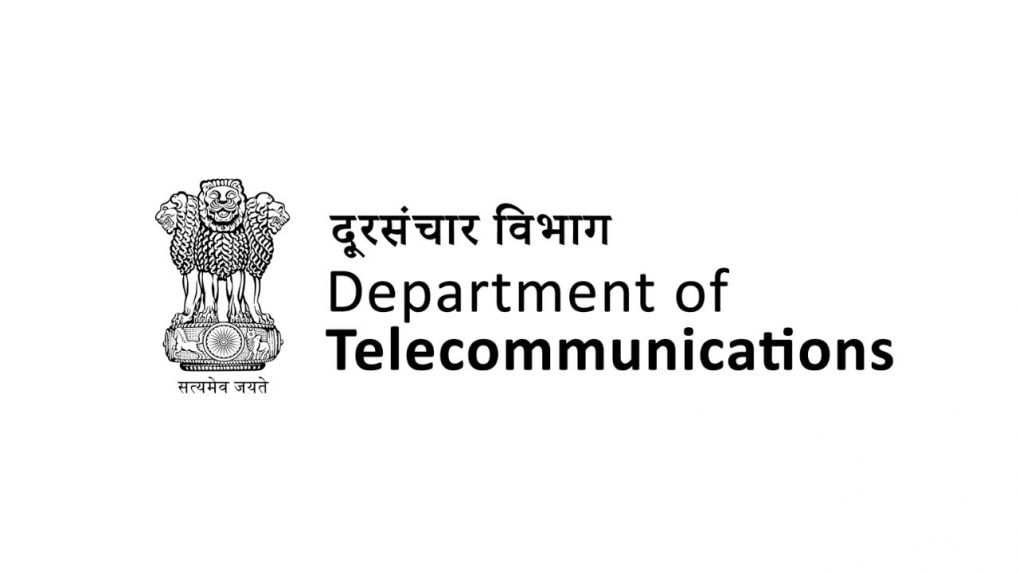Agency News
'Why buy a network that even Dentsu couldn’t fix?': Inside the gamble of Dentsu's international arm sale

The Ministry of Communications has directed all licensed internet service providers to immediately block access to a fraudulent website posing as the official portal of the historic Sri Amirthakadeshwarar Temple in Thirukadaiyur, Tamil Nadu. The action follows a Madras High Court order that exposed a network of bogus portals illegally collecting money from unsuspecting devotees.
Read more: DoT invites applications for next Chairperson of Telecom Disputes Settlement and Appellate Tribunal
The case stems from two writ petitions filed before the Madurai Bench of the Madras High Court by petitioners P. Markandan and A.R. Subramanian. They alleged that several unauthorized websites were created in the names of prominent temples- including Thirukadaiyur Amirthakadeshwarar, Srirangam, and Palani- offering online bookings for poojas, darshans, rituals, and marriage ceremonies.
These portals, they claimed, diverted devotees’ donations while paying only a fraction, if any, to the temple administrations.
In a strongly worded judgment delivered on January 31, 2023, Justices R. Mahadevan and J. Sathya Narayana Prasad observed that fraudsters exploit religious belief for unlawful financial gain. The court directed the Hindu Religious and Charitable Endowments (HR&CE) Department to streamline processes, enforce accountability, and ensure that only authorized personnel or official websites are permitted to handle temple-related payments.
The court specifically ordered cybercrime authorities to identify, monitor, and block unauthorized portals impersonating temples, while instructing the Department of Telecommunications (DoT) and the Ministry of Electronics and Information Technology (MeitY) to coordinate periodic reviews and block such domains swiftly.
Acting on these directions, the Tamil Nadu Cyber Crime Division flagged the website https://amirthakadeswaranilaiyam.com for blocking. Though it claimed to provide room bookings at the temple, officials pointed out that it mimicked the official portal (https://thirucadaiyurtemple.org), misleading devotees with incomplete booking details and vague contact information.
Read more: DoT unveils directives for telecom operators to ensure inclusive KYC for persons with disabilities
A notice under Section 79(3)(b) of the Information Technology Amendment Act, 2008 was issued to domain registrar GoDaddy, but after an initial 90-day suspension, the registrar insisted on a court order for permanent removal. The DoT has now instructed all ISPs to block the website nationwide.
Officials admit, however, that blocking remains a logistical challenge. With more than 2,700 ISPs operating in India, implementing multiple court-ordered takedowns is time-consuming. The DoT has suggested that plaintiffs and authorities trace servers hosting such fraudulent sites whether in India or abroad so that content can be disabled at the source or through international gateways, rather than relying solely on ISP-level blocking.
The High Court, in its order, also pressed for a system akin to Tirumala or Sabarimala, where temple services are centrally regulated through verified channels. It mandated that temple administrations ensure proper accounting of receipts and expenditures, issue official tickets for all services, and file periodic compliance reports.
According to LinkedIn’s research with over 1,700 B2B tech buyers, video storytelling has emerged as the most trusted, engaging, and effective format for B2B marketers. But what’s driving this shift towards video in B2B? (Image Source: Unsplash)
Read MoreIndia’s parliamentary panel warns fake news threatens democracy, markets and media credibility, urging stronger regulation, fact-checking, AI oversight and global cooperation.